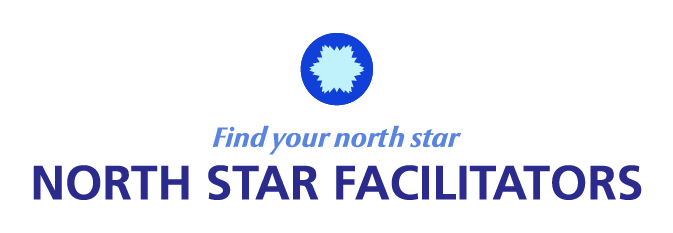Tools for Facilitative Leadership
Tools for Facilitative Leadership (University credit)
This course is offered as an in-house course and occasionally as a 30 hour graduate and certificate course thorough the Portland State University’s Not for Profit Management Institute. This will next to be offered in Spring 2008. See PSU website for course costs.
Course Description:
In the hierarchical mode of leadership, a leader’s reliance is on individual ability, charisma and influencing skills. Facilitative leaders rely instead on their team’s skills, experience and abilities. Facilitative leaders are familiar with methods that enable groups to move from diverse perspectives to action and success. They facilitate questioning, visioning, problem-solving and decision-making. They no longer have to solve every problem or be the ‘infallible boss’. They understand that diverse perspectives enrich understanding and lead to more effective results.
This course probes what makes a facilitative leader and offers demonstration, theory and practice in three essential methods to engage group wisdom:
- Questioning and dialogue techniques to help group members’ move from surface understanding of a situation to in-depth exploration and resolution
- A consensus building method that takes many divergent perspectives and helps the group articulate a common base for moving forward
- An 8 part action planning method that helps the group create a clear concise plan for a project or event
We also explore how to design effective meetings and facilitated workshops using a combination of these and other tools, the stages of teams and the dynamics of oppression in groups. This course is offered occasionally as a 30 hour graduate and certificate course thorough the Portland State university’s Not for Profit Management Institute. This will next to be offered in Spring 2008. It is also offered as an in-house course.
After taking this four day course, participants will:
- Gain confidence in facilitating
- Deepen their understanding of facilitation as a natural process and as an essential life and leadership skill
- Understand how to design any effective group session
- Understand and become more skilful in dealing with the effects of oppression (e.g., racism, sexism, ableism, ageism) in a group
- Know what processes and tools to use in any group situation
Who should take this course?
Anyone who regularly leads meetings, offers facilitation or supervises others will benefit from this course.
